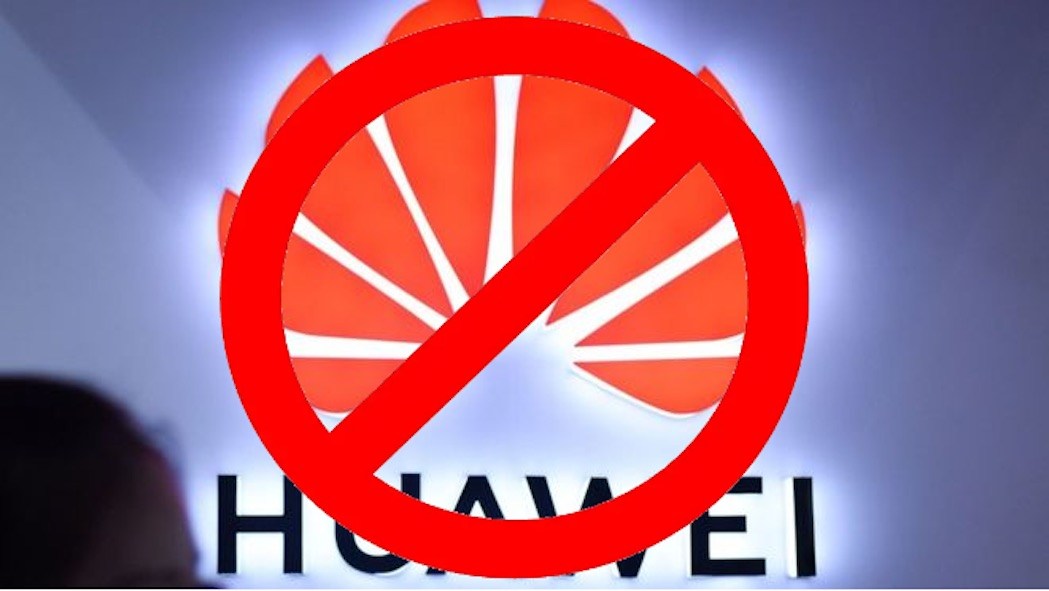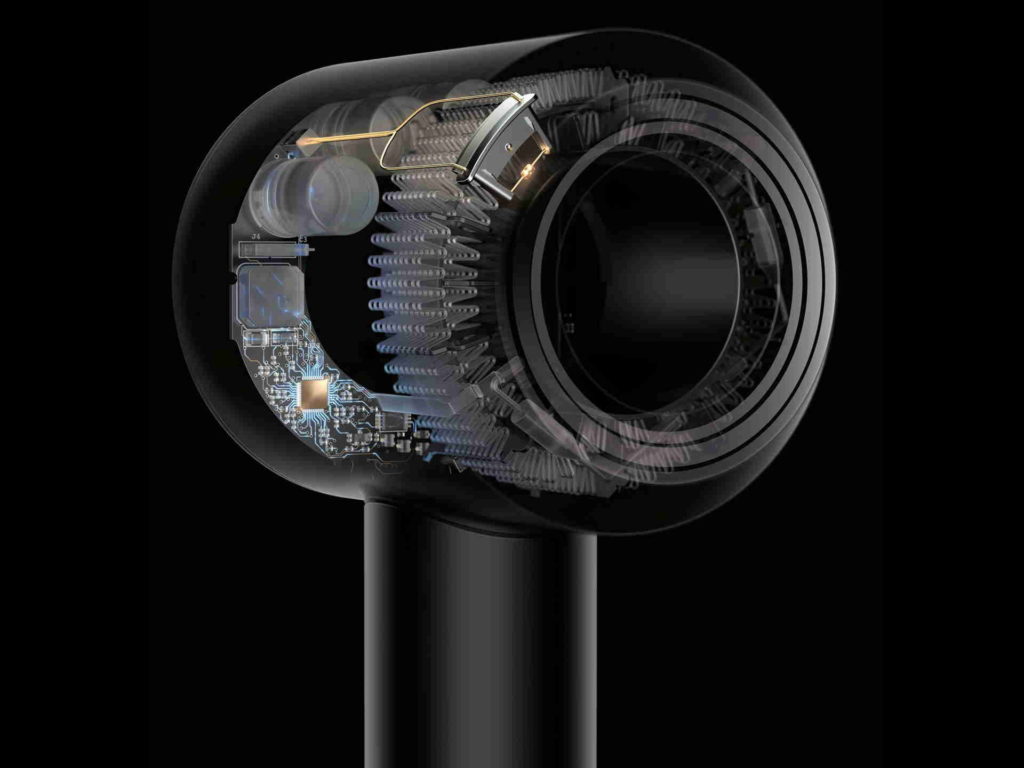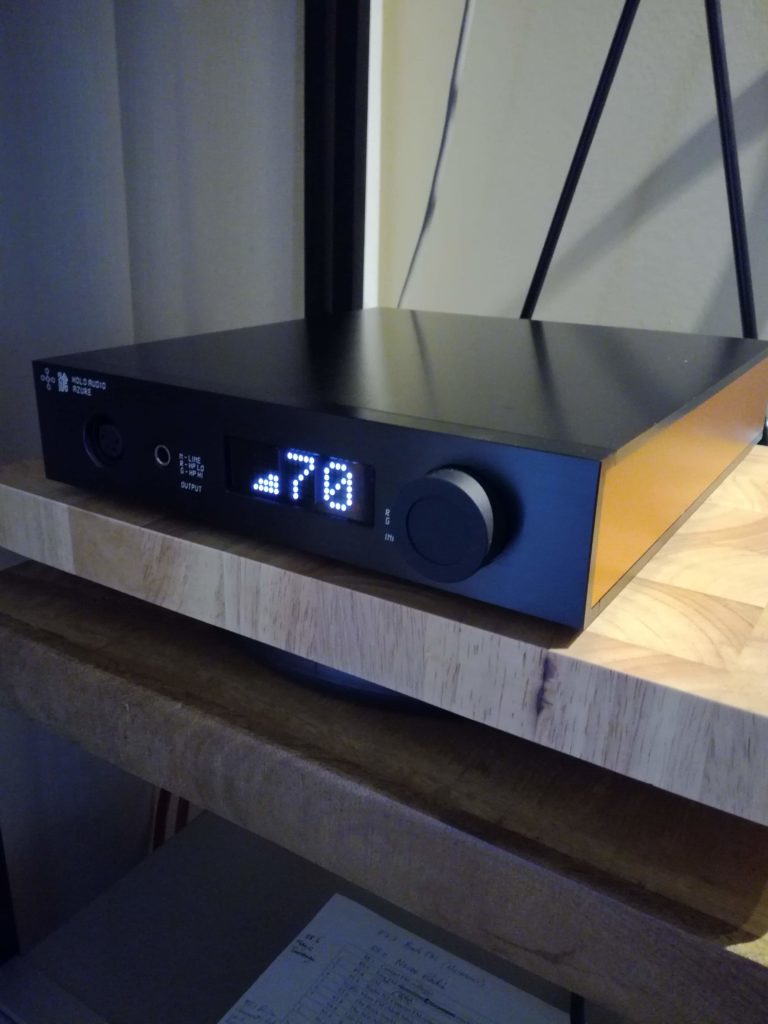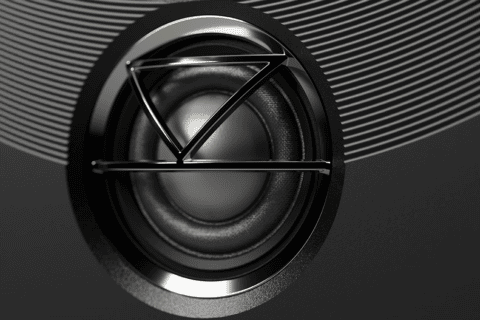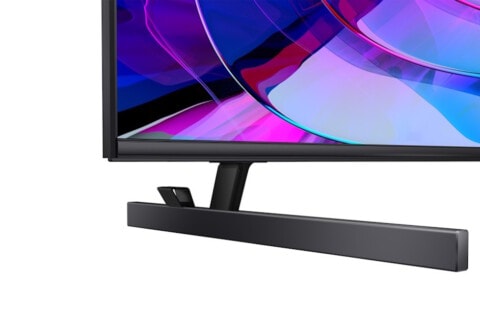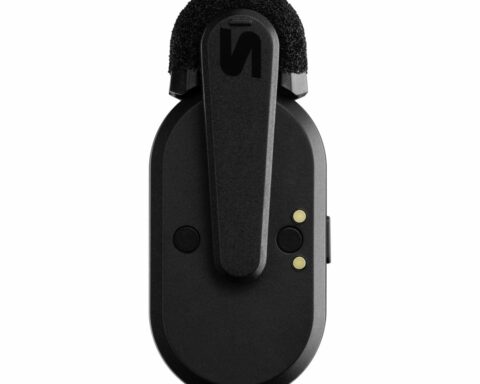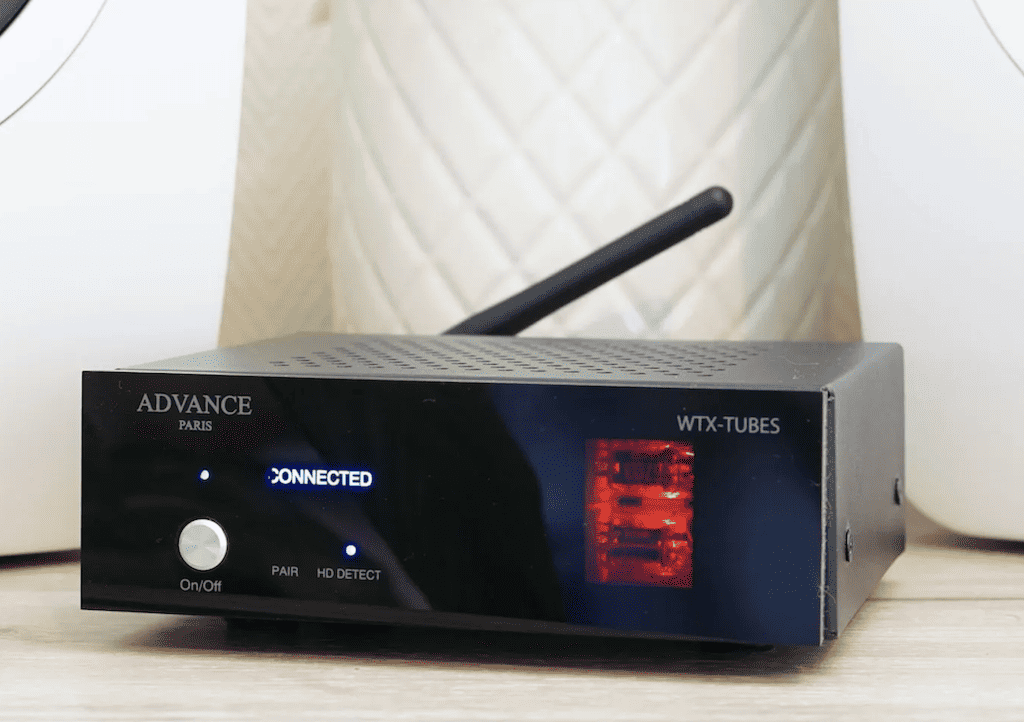With its blackballing by our government and the GCSB and the lack of transparency over why they’re doing so, PAT PILCHER raises serious concerns.
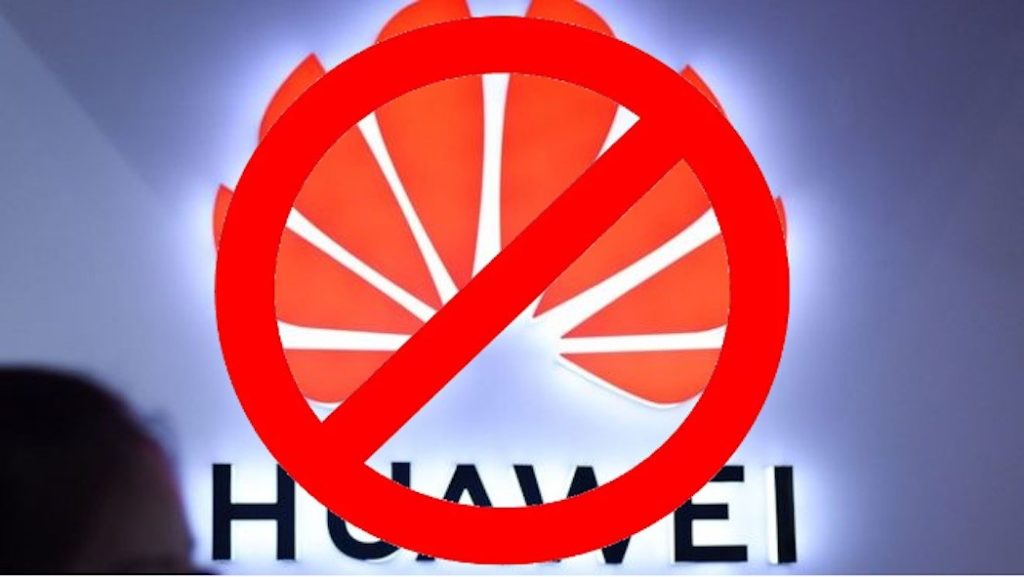
Last week Huawei sent a letter to the GCSB minister, Andrew Little, and Minister for communications, Kris Farfoi. In the letter, Huawei said they would exit New Zealand if the policy of barring them from the 5G network builds continues. The move comes as telcos begin to get serious about 5G with Vodafone announcing it will have a network live by the end of the year.
The ban on Huawei came about after Spark was notified in November by the GCSB that it cannot use Huawei gear for its 5G mobile network upgrade.
Since then, Huawei, Spark and others have attempted to work with the agency to mollify security concerns and to find a way around the ban. The letter from Huawei comes as frustrations mount around the lack of transparency from the government.
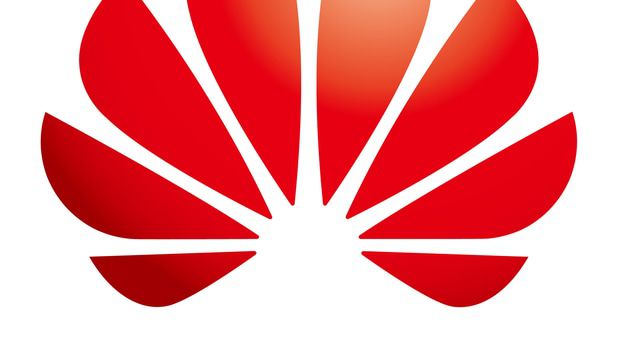
In their letter, Huawei’s New Zealand MD, Yanek Fan, says it is “arbitrary and capricious” to target Huawei when other network equipment makers also have links to China. Fan says that blocking Huawei from 5G builds “…would have a significant effect on Huawei New Zealand’s revenue, to the point where there is a real risk that Huawei New Zealand may not be able to continue to operate in the New Zealand market”.
So, the multi-billion-dollar question becomes this: What will happen if Huawei exits New Zealand?
An almost dead certainty is that Huawei’s frustrations would soon become those of New Zealand consumers.
You could argue that the GCSB are only doing their job in trying to keep New Zealand secure, but like many things telco-related, the devil is in the detail. Although the GCSB has said ‘no’ to Spark under TICSA (the Telecommunications Interception Capability and Security Act), they’ve supplied little in the way of actual evidence to back up their decision. Based on what has made up much of the noise around the decision, it’s probable that the GCSB’s security concerns are based on the rhetoric coming out of an increasingly irrational Trump-led US government in the midst of a lose-lose trade war between the US and China.
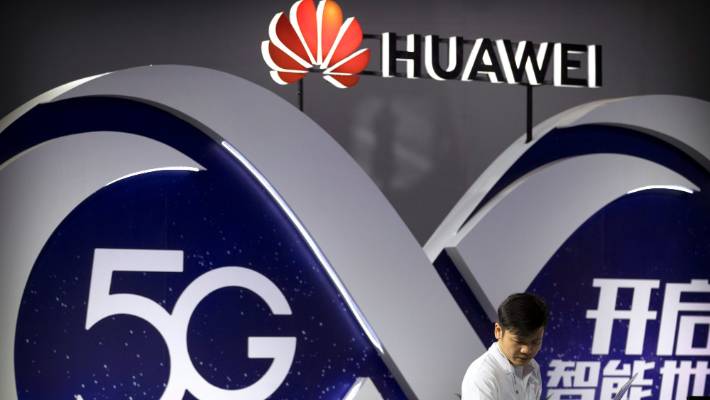
It must be galling for NZ telcos who’ll be forced to replace large parts of their existing Huawei network equipment for more expensive gear from other network equipment suppliers. While Spark has deep pockets and can do this, the situation is different for 2Degrees, which are significantly smaller and far leaner. It’s likely that 2Degrees has just 2 options:
1) Rely on 4G upgrades and lose revenue to both Spark and Vodafone’s 5G networks, or
2) Pull out of the New Zealand mobile market instead of losing money trying to fight what many say is ultimately going to be an unwinnable battle.
Given 5G’s potentially positive economic impacts on New Zealand’s economy either scenario is likely to be damaging. Before 2Degrees launched in 2009, the mobile market was a cosy duopoly with Telecom New Zealand (now Spark) and Vodafone. Mobile voice minutes, text and data were hellishly expensive, and luxuries such as carryover data didn’t exist.
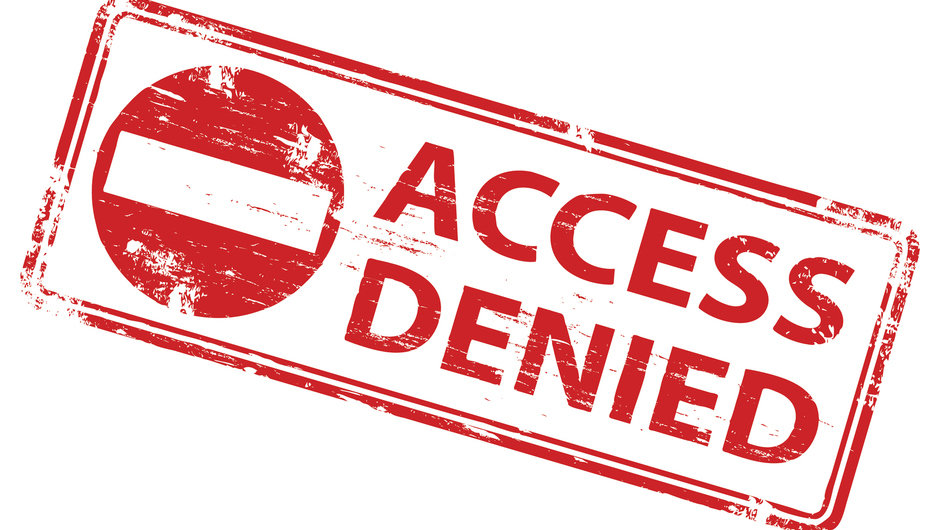
If Huawei and 2Degrees do quit, competition, choice and innovation will suffer. Kiwis could find themselves thrown back into an era of costly mobile and stagnating innovation in the telco sector.
Given that the 5G stakes are so high for New Zealand, it seems barely credible that the GCSB persist in objecting to Huawei. That they’re doing so with little in the way of actual evidence is simply appalling. They say that Huawei represents a serious threat to New Zealand’s security. Huawei, on the other hand, say they’ve nothing to hide. They’re so confident that the government won’t find anything remotely incriminating that they’ve invited them to get “looking under the hood,” says deputy MD, Andrew Bowater.
So, if Huawei are prepared to be as open as possible, why is the government still insisting on singling them out? It seems odd given other network suppliers all operate Chinese joint ventures including the manufacture of network equipment.
China aside, why isn’t the GCSB concerned about the actions of governments other than China?
In November last year, reports surfaced that backdoors (code designed to facilitate near undetectable unauthorised access into networks by spy agencies) had been found in hardware manufactured by a major US networking company. It’s important to note that it wasn’t the first time this had happened, but astonishingly, the seventh. Yet even though this company is arguably doing the bidding of foreign intelligence agencies, they continue to supply vast amounts of network hardware to telcos and enterprises in New Zealand with little to no objection from the GCSB.
So, while Huawei is touted as a major threat to New Zealand’s cyber security on the basis of what appears to be largely unproven rhetoric, a network equipment provider, which has been found to have repeatedly had backdoors in their network gear, is freely operating throughout NZ and yet is attracting no attention from the GCSB.
Perhaps the GCSB needs to take a hard look at these other vendors before kowtowing to the Trump administration. Perhaps Little and Farfoi also need to admit that US trade is the real issue here, not cyber security. Back doors aside, many of these other network equipment manufacturers have also partnered with the Chinese government. Huawei, on the other hand, says they are employee-owned and a private company.
Based on this, it could be argued that not only will 5G be expensive if competition is to get stifled, but also that NZ could find itself remaining in a precarious position from a cyber security standpoint.
When I say the GCSB is dragging their heels, I’m not kidding. In the letter, Fan repeatedly speaks of the lack of engagement and transparency from the government. He calls this a “closed-door” process.”
NZ and other western democracies regularly condemn a lack of transparency within the Chinese government, but perhaps the New Zealand Government should look in their own back yard and share their concerns and negotiations with Huawei with the public in a bid to be more transparent.
Both ministers Little and Farfoi need to grow a pair. Perhaps they could adopt a similar stance to that which has been taken by both the UK and German governments who have both rejected US concerns around Huawei, citing a lack of any identifiable security issues. If security is an issue, then perhaps the same rationale needs to be consistently applied to all other network equipment makers instead of engaging in China-bashing because trade with the US is at risk. If sanity doesn’t prevail soon, we’ll all lose out.

